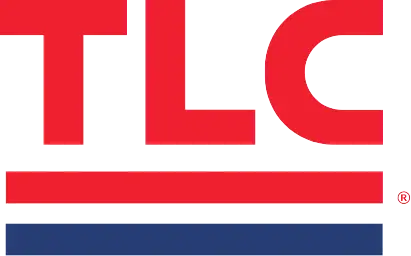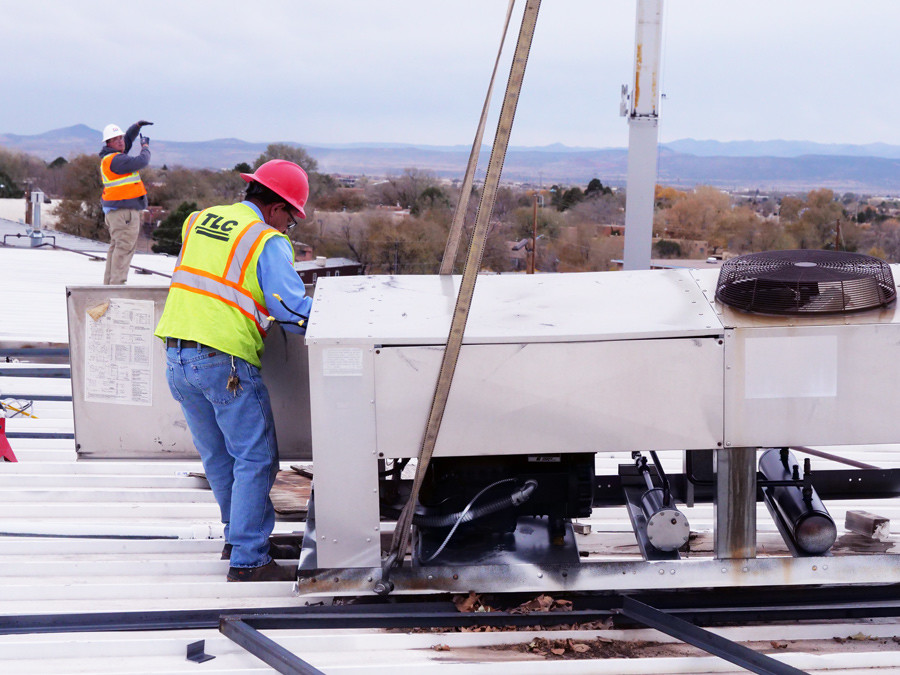Updated on 12/15/19 to reflect changes in EPA regulations.
R22 refrigerant is being phased out, here’s what that means for you
As environmental awareness increases, the sale and use of ozone depleting substances (ODS) is decreasing – including common refrigerants used in air conditioning. As a business owner, it’s important to be aware of and understand the repercussions of such regulations to your bottom line. Staying informed can prevent you from experiencing complications in regards to commercial air conditioning.
What is R22 Refrigerant?
All refrigerated air conditioning systems use a substance known as refrigerant to effectively cool the interior of your business. R22 refrigerant, also known as HCFC-22, has been among the most common refrigerants used in previous years, but is a significant ODS. If your refrigerated air system was purchased and installed prior to 2015, the odds are that it relies on R22 or a similar ODS.
What’s going on with the R22 refrigerant supplies?
In 2006 a world-wide Clean Air Act meeting was held in Montreal, Canada to discuss and draft regulations regarding the use of ozone depleting substances. At this meeting, world leaders agreed to outlaw certain substances, with R22 being high on the elimination list. Starting in 2010, The Montreal Protocol restricted the manufacturing and importation of R22.
Originally, they aimed for total elimination of R22’s presence on the market starting in 2020. While R22 can no longer be imported or manufactured, they now allow R22 to be “reclaimed,” meaning that the substance can be recovered or re-manufactured to factory standards. The new deadline for complete elimination of R22 is set for January 2030 (although it probably won’t last).
In 2015 air conditioning units that operate on environmentally-friendly refrigerants started to be manufactured. (Evaporative coolers, commonly called “swamp” coolers, do not utilize refrigerant and are exempt from The Montreal Protocol.) Unfortunately, many businesses have central heating and cooling systems that were manufactured prior to 2015, which means they are reliant on R22 or a similar refrigerant. As a result of The Montreal Protocol, R22 is becoming increasingly scarce and more expensive. Eventually, your HVAC professionals will be unable “recharge” your system with R22.
For more information on the details of this phase-out, visit the federal EPA website.
What Does this Mean for Your Business?
There is no need to be alarmed by these regulations. You have a couple options to abide by the new standards and continue to keep your business comfortably cool during the hot summer months. It’s important to start the decision-making process now, though. You’ll want to figure out the best solution for your business so you can adequately plan. If you need to replace your decision, it’s wise start thinking about budgeting. We put a decision matrix together to help guide you through and decide what the best course of action may be for your business.
1. Have the R22 Removed and Disposed
Your air conditioning system can be brought into compliance through a removal and disposal process in which the R22 is completely removed from your system. This process needs to be done by an HVAC professional who is licensed, such as TLC, to handle refrigerant. Once the R22 is removed, the system will be recharged with an environmentally-friendly refrigerant that is approved in order to meet the new standards.
One benefit of this option is that you won’t have to replace your unit. However, the new refrigerant will likely cause an efficiency loss of up to 15 percent in older units. In turn, this can cause an increase in the energy costs associated with running the air conditioner. Additionally, modifications and new parts may also be required to accommodate the new refrigerant. Consult with a licensed HVAC technician to determine if this is the best course of action to take.
2. Replace your Outdated AC System
HVAC manufacturers are now producing new air conditioning systems designed to operate with environmentally-friendly refrigerants. Many of these systems provide better cooling options that are more energy efficient than older units. If your unit is more than 10 – 12 years old, you may find it is more economical in the long-run to upgrade and replace your system. Again, a licensed HVAC technician can assess the needs of your current air conditioning system and help you determine which option is the best for your business.
Why You Don’t Need to Panic
Bringing your AC system into compliance doesn’t need to be stressful, nor should the new regulations cause anxiety. By considering your options now, you can avoid confusion and frustration when R22 is no longer available for purchase on the market.
Contact your local HVAC professionals at TLC Plumbing, Heating & Cooling to learn more about the R22 phase out and explore your options.
About TLC Plumbing, Heating, Cooling & Electrical
TLC Plumbing, Heating, Cooling & Electrical is a HVAC Company in Albuquerque, NM.

